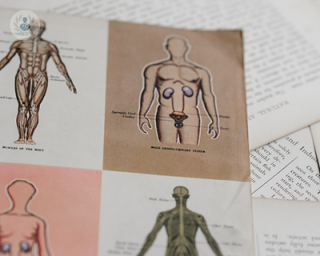
Written by Top Doctors
Urology
Should I get tested for prostate cancer?
Prostate cancer is the most common cancer in men, with more than 50,000 men being diagnosed every year. In this article, a consultant urological surgeon explains why you should consider getting tested for prostate cancer.
















